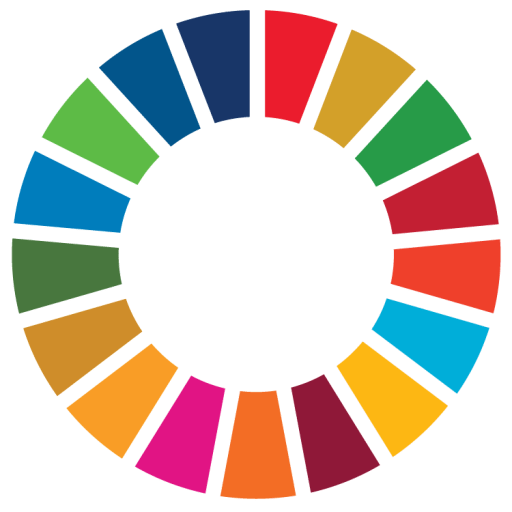Learning for Sustainability: Elevator pitch
“Ok, give me your elevator pitch for Learning for Sustainability”. I floundered. “First floor, ding”, my challenger prodded. I trotted out something about being equitable and compatible with a sustainable future.
Put on the spot, I defy you to come up with an off-the-cuff response that’s not riddled with earnest cliché and jargon.
“Figuring out how to live on the planet as if we mean to stay here!” I recalled from a memory recess. Two days later. I emailed it in triumphant retort. It was one of several hundred ‘Sustainability’ definitions and quotes in an eighteen-page document shared over a decade ago by a government official in charge of biodiversity reporting. Also in it was this take from Kevin McCloud of Grand Designs fame:
“Sustainability is a dog of a word; so popular and so abused it’s in danger of meaning nothing at all. It should mean using our planet’s resources in such a way that we don’t deny them to future generations. But these days it has become such a big, flaccid, empty bag of a word you can stuff it with whatever you like: sheep’s wool insulation, or community regeneration schemes, or just hot air.”
So Learning for Sustainability is a bag, an umbrella, a basket of (re-useable, recyclable, ethically sourced) concepts and practices…a term that’s inevitably tricky to pin down. In this case, perhaps it’s not so much the exact definition that’s important. It’s the essence: the values, the ethos it promotes and the actions it brings with it. You can get what it’s getting at without getting precisely what it is.

I wasn’t a fan of this “Learning for Sustainability” word cloud when it first materialised in 2016. Seeded by a term in need of interpretation, desperately seeking definition and clambering for credibility, this blurred its boundaries still further.
And there lies its strength. It’s something that interacts and includes. Learning for Sustainability relates to an abundance of sectors, issues, subjects and learning approaches. It belongs in art, poetry and music classes as much as a STEM syllabus. It has as much to do with the values and morals of RME as it does with geography and biology. Sectorised and contained thinking has held back its progress. This is one of those cases where it’s ok to mean lots of different things to lots of different people.
As educators in Scotland are invited to embrace Learning for Sustainability, take your pick, make your own meaning. Its definition doesn’t need to be kept in an elevator, a box, or given any other constraints.
(Seeing as you asked, officially:
“Learning for Sustainability is an approach to life and learning.
- It’s about creating coherent, rewarding and transformative learning experiences that weave together sustainable development education, global citizenship, and children’s rights, and making best use of outdoor learning approaches.
- It’s about enabling and supporting learners, educators, schools and their wider communities to build a socially-just, sustainable and equitable society.
- It’s about an effective whole school and community approach to Learning for Sustainability.
Adapted from: ‘How Good is Our School 4?’, Education Scotland, 2015)
Written by Rob Bushby (@rob_bushby), currently Learning for Sustainability Development Officer (part time) at Education Scotland.
References:
- Flying the green flag, Kevin McCloud, The Sunday Times, January 29 2006
- Diagram: Vision 2030+ Concluding report of the Learning for Sustainability National Implementation Group, March 2016
- How Good is Our School? 4, Education Scotland, 2015


